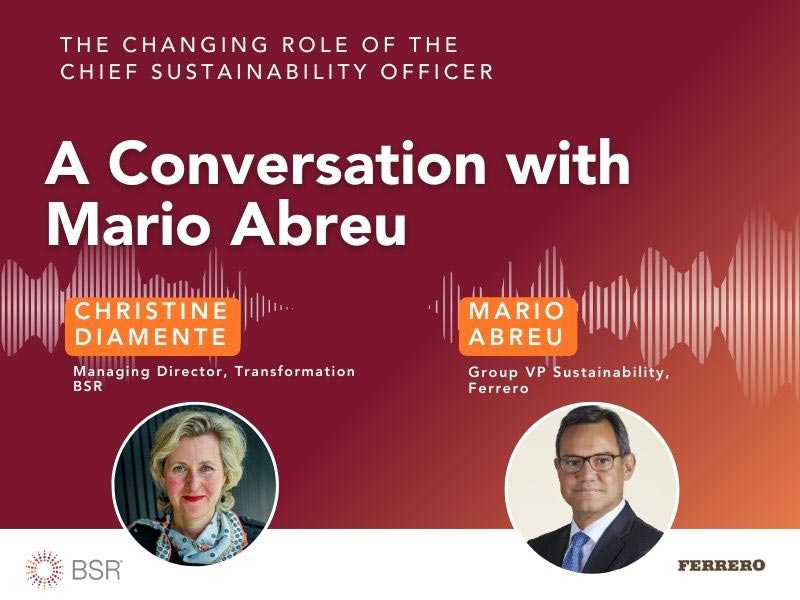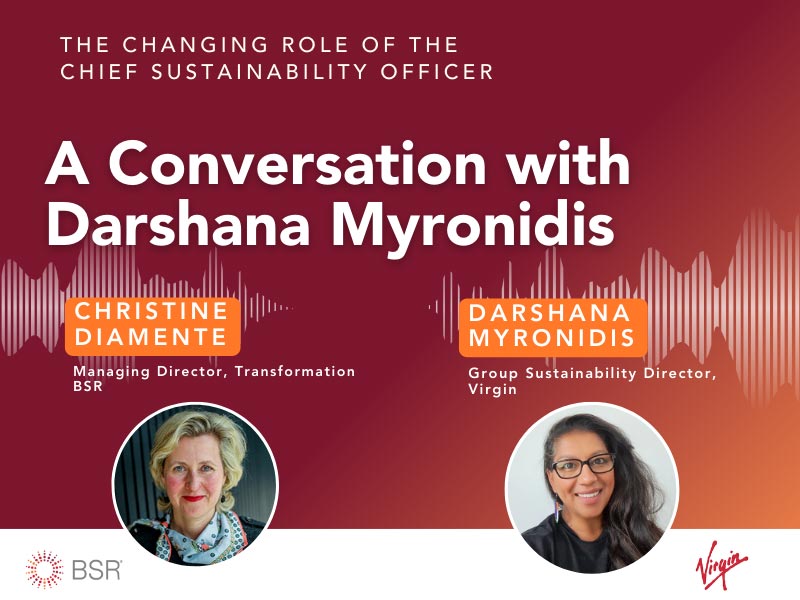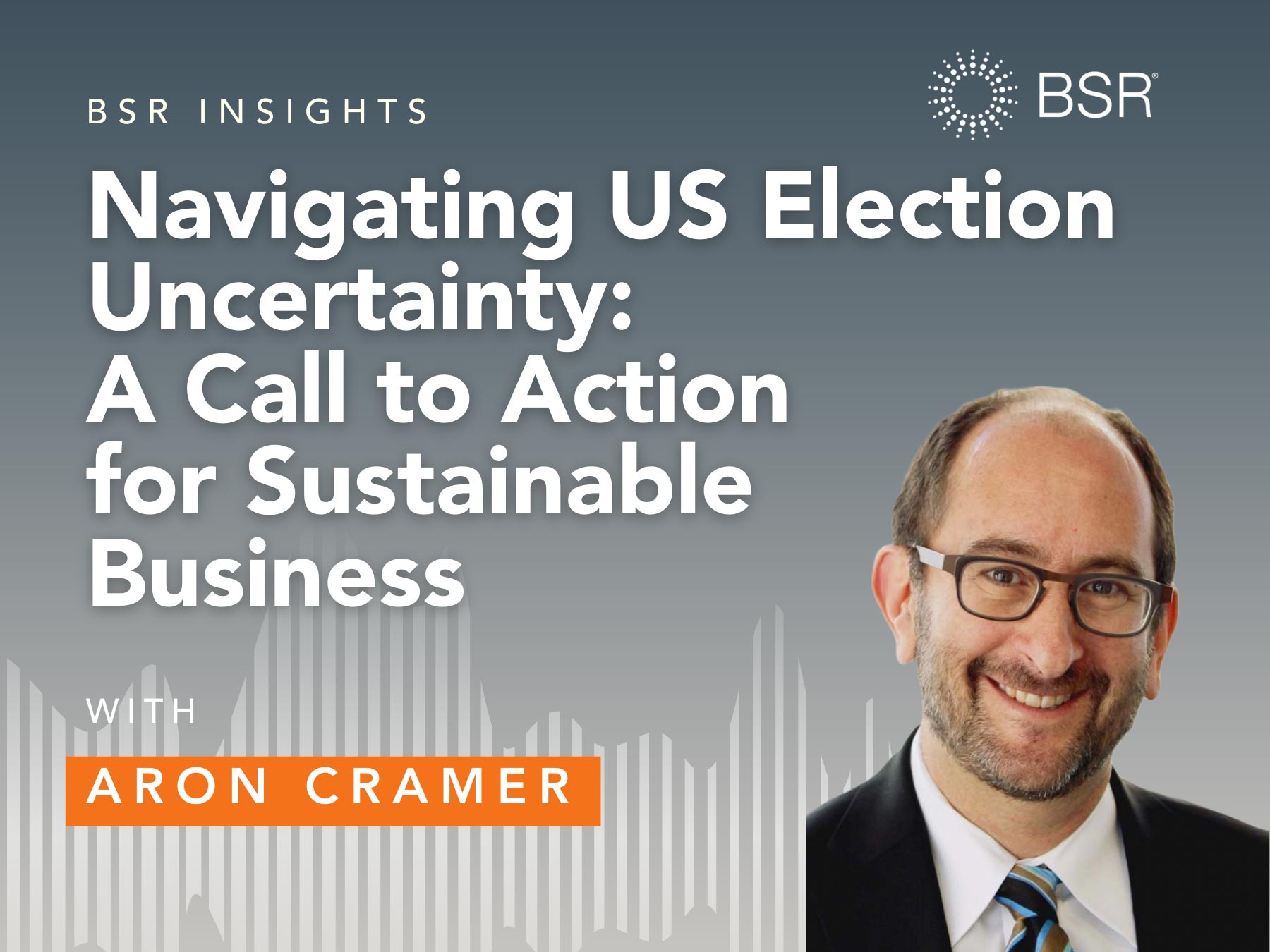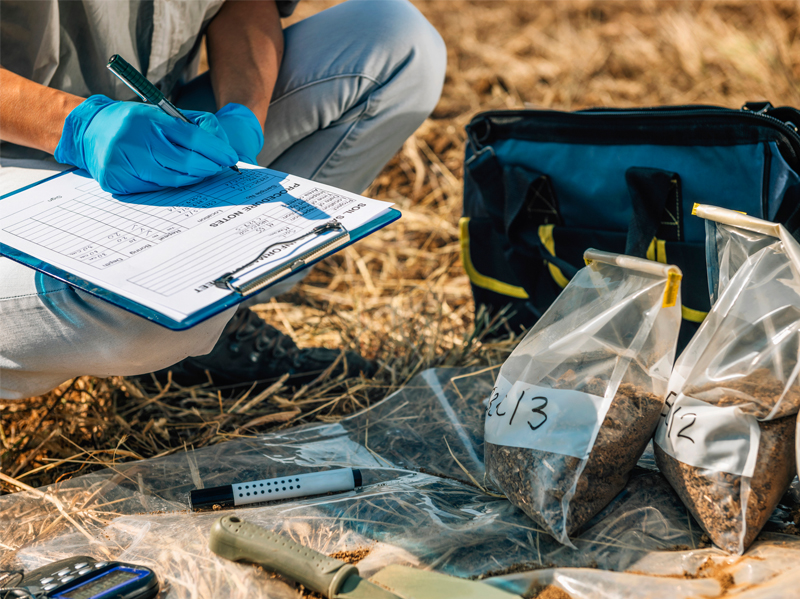
Here is the very first “year in review” you will read for 2018.
Yes, 2018.
This is not exactly a forecast, and it is also not exactly a wish list. This is a view of a year that will see the business community make even greater progress toward the promise of 2015’s twin achievements of the SDGs and the Paris Agreement. It is my hope that, when we look back at this year, we are celebrating these accomplishments and others as key milestones in our pursuit of a more just and sustainable world.
- Collaboration: 2018 was a year when collaboration took center stage. Each of the leaps forward taken in 2018 reflected or created new collaborative initiatives to take impact to scale. Indeed, the year saw the rise of a new entrant in the C-suite, the Chief Collaboration Officer, a position that appeared at the top of the list of emerging corporate positions for the 2020s. In addition, we began to see more companies from Asia, Latin America, and Africa play leading roles in global collaborations, as their engagement continues to rise to meet their increasing global influence and stake in the outcomes.
- Human Rights: In connection with the 70th anniversary of the Universal Declaration of Human Rights, businesses have continued to deepen their commitment to the UN Guiding Principles; have brought a human rights lens to the development, marketing, and application of new technologies; and have used their voices to reinforce the private sector’s interest in protecting human rights and civil society, reversing those trends of opposition to human rights principles that caused the previous High Commissioner of Human Rights, Zeid Ra’ad al-Hussein, to decline a second term.
- Climate: Business continued to demonstrate strong momentum in the shift to an economy powered by clean energy. At the Global Climate Action Summit in San Francisco in September and COP24 in Poland in December, the number of businesses committed to science-based targets and 100 percent renewable energy continued to skyrocket, well beyond the numbers expected in the immediate aftermath of the Paris Agreement. This served to strengthen the resolve of national governments to raise ambition as we head toward 2020. Innovations in energy storage appear poised to accelerate the uptake of renewables even further. Meanwhile, while unfortunately extreme weather events have continued apace, this has mobilized public opinion and created a new business coalition to advance climate resilience, including in the U.S., where cities and states have stepped in to fill the void left by the federal government.
- Women’s Empowerment: In the wake of the wave of sexual misconduct revelations in the U.S. in 2017, sexual harassment rapidly became an urgent issue for corporate boards, with a growing movement on the part of boards to expand the representation of women to 50 percent by 2020. There were signs of the #MeToo movement going global, with women’s marches (attended also by large numbers of men holding #NeverMe signs) held internationally and an increasing number of women speaking truth to men in power around the world.
- Inclusive Economy: With ongoing debate over automation and the future of work, companies, experts, and trade unions created a Global Commission on the 21st Century Social Contract to develop a consensus on tools that policymakers, businesses, and educators could undertake to ensure people’s access to employment. Businesses called for a new social compact fit for the 21st century, with lifelong learning, transition assistance, and access to social protections designed for today's demographics, workforces, and economies. Indeed, there began a movement to establish SDG18: a commitment to a just transition for workers displaced by new technologies.
- Supply Chain: We saw new thinking about supply chain sustainability this year, with companies leveraging blockchain technologies and worker voice tools on an unprecedented scale. Indeed, responsible regional sourcing hubs have emerged as a best practice, with social and environmental responsibility built in from the ground up. Moreover, major companies have taken visible steps to meaningfully incorporate climate resilience throughout their supply chains.
- Governance: More and more companies adopted the recommendations of the Task Force on Climate-Related Financial Disclosure and went beyond them to consider more deeply how their future prospects are tied to resilient business strategies, including the full suite of factors previously considered to be “non-financial.” Investors, following the lead of pension funds and sovereign wealth funds, have fully embraced the credo “Long Term Thinking Is Our Fiduciary Duty.”
2018 will be remembered as a year when the contours of a new global economy began to come into sharper focus. Businesses, working with their partners throughout their value chains, in civil society, and in government, demonstrated both commitment and action.
All in all, 2018 was could be a great year.
Topics
Let’s talk about how BSR can help you to transform your business and achieve your sustainability goals.








